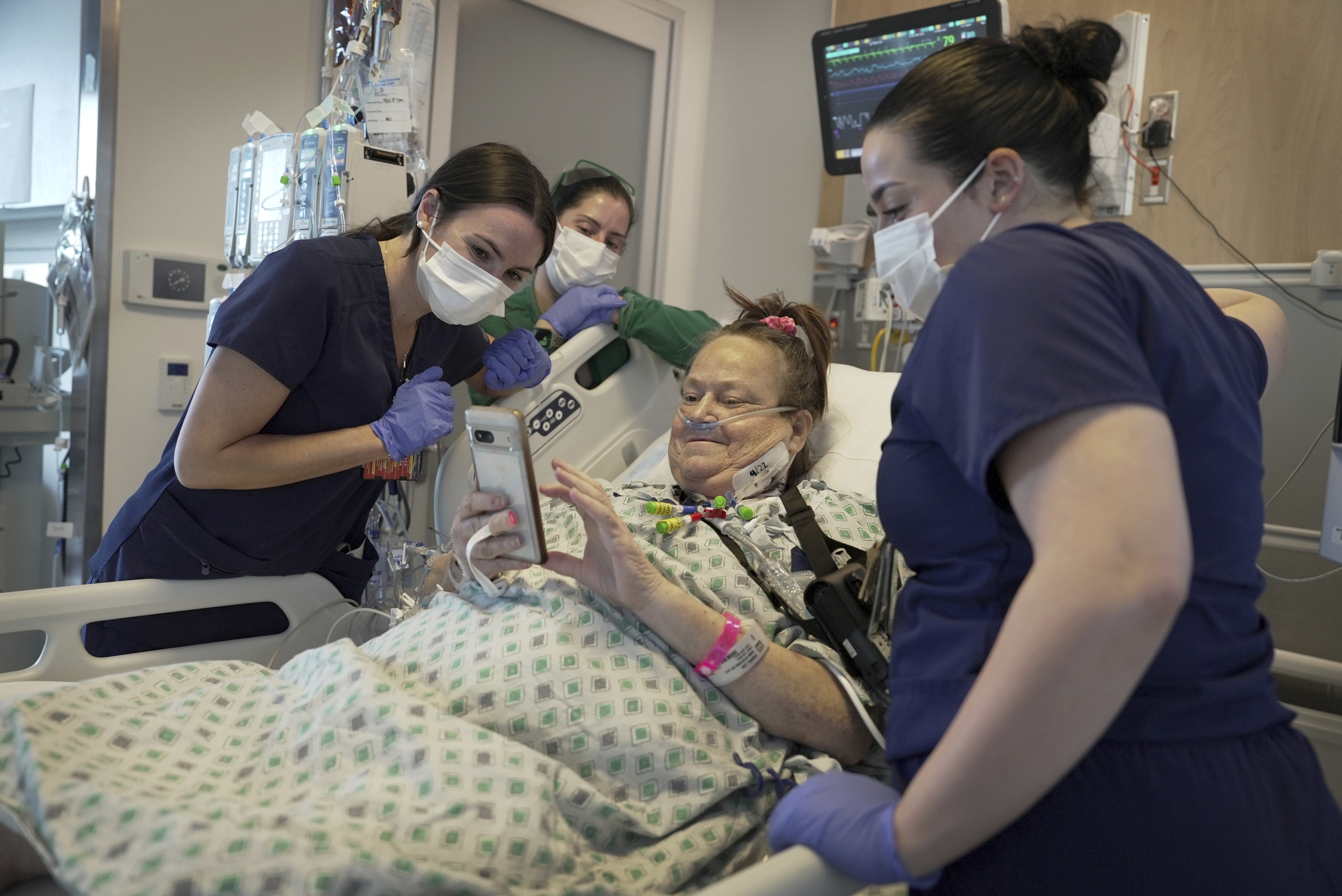It is unclear exactly what causes psoriasis, but a variety of factors appears to be at play: genes, an outside trigger and an immune response. Scientists are investigating all three of these to better understand how to treat—and possibly cure—the disease.
Genes: Researchers know that the more genes you share with someone who has psoriasis, the greater the chances are you'll have it, too. For example, the risk of having psoriasis increases if you have one parent with the disease and increases even more if both parents have the disease.
People who have an identical twin with the disease have a 70 percent chance of developing it themselves. This illustrates how important heredity is in determining who gets the disease. Because identical twins have 100 percent of their genes in common, it also shows that genes don't tell the whole story.
Triggering factors: Scientists theorize that a specific trigger, such as emotional stress, an injury to the skin, certain infections (especially streptococcal infections) or a reaction to medication may trigger the disease in people who have a genetic predisposition. The precise nature of these triggers is unknown.
The immune response: People with psoriasis appear to have abnormally activated T-cells, which are a type of white blood cell. T-cells are designed to circulate through the body and trigger an immune response when they encounter a foreign substance, such as bacteria or viruses.
In psoriasis, T-cells are mistakenly activated and respond by multiplying and entering the circulation. They travel through the walls of the blood vessels into the two top layers of the skin.
Once in the skin, the T-cells are reactivated by additional substances causing them to release messenger proteins called cytokines. The cytokines tell specific skin cells to multiply rapidly, forming the scaly plaques that are characteristic of psoriasis. The cytokines also tell the skin to become inflamed. Finally, the cytokines tell more T-cells to become activated, creating a self-perpetuating cycle.
Health
Normally, skin cells take 28 to 30 days to mature, move to the skin's surface and fall off unnoticed. In psoriasis, skin cells mature and move to the skin's surface in just three or four days. Instead of simply falling off, the cells pile up on the surface of the skin in a thick, white, scaly layer. Along with the increase in skin cell growth comes an increase in the growth of blood vessels, causing redness.
Advances in treatment: The most recent therapies for psoriasis are designed to break the cycle of an immune system gone awry. For example, one of the errant cytokines involved in the disease is tumor necrosis factor; several biologic agents that inactivate this cytokine have been approved as treatments for psoriasis. Researchers are developing additional agents to block different parts of the cycle.
Questions to ask your doctor:
1. Is there a strong hereditary component to my psoriasis?
2. What are the latest findings on what causes psoriasis to develop?
3. Am I a good candidate for a medication that interferes with the immune response in psoriasis?



